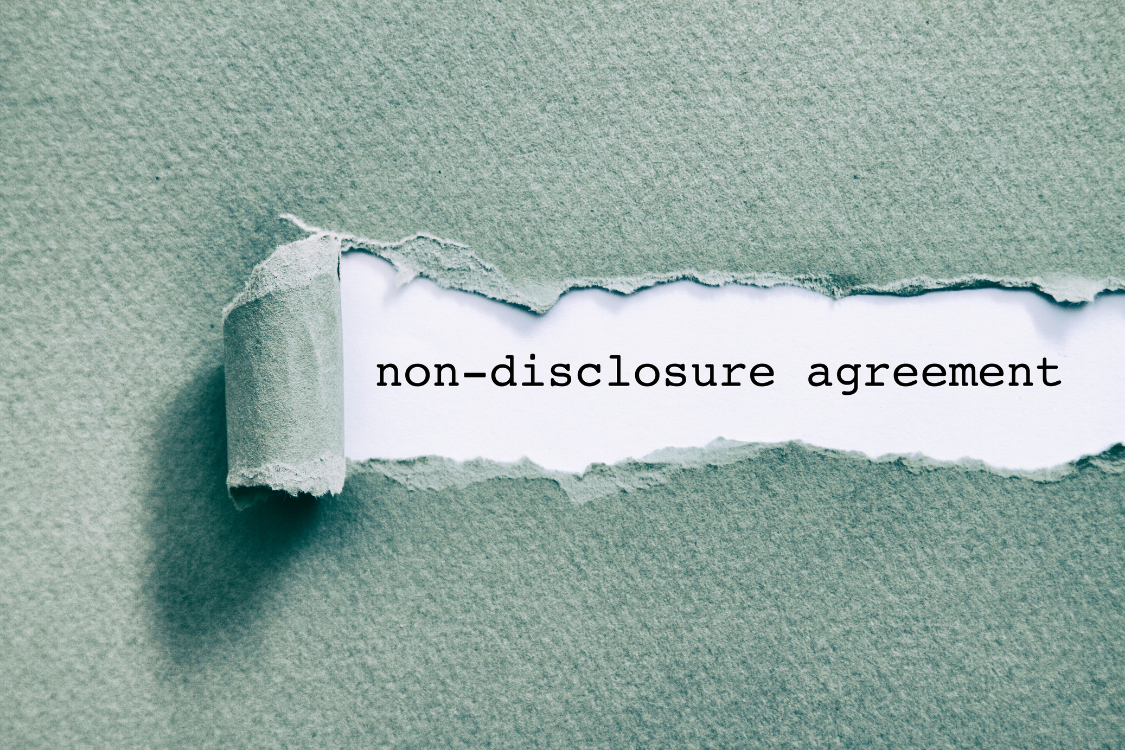A Non-Disclosure Agreement (NDA) is essentially a confidentiality agreement; a legal document to protect confidential and commercially sensitive information being shared between two or more parties.
As a business owner or manager, many of your important commercial relationships, whether they’re with creditors, suppliers, investors, or customers, could be affected by the sharing of important information. So it’s important that you understand how NDAs can help in the context of your workplace.
When do I need an NDA?
Perhaps you’ve invented a new product or have new ideas you wish to discuss with a potential investor or licensee. Or maybe, you need to share sensitive financial information with an adviser, or have to disclose private operational or other processes with a potential new staff member during the recruitment process. Regardless of what industry you operate in, if you want to protect your commercially sensitive information during discussions or, negotiations, it’s a good idea to have a NDA in place.
To help you understand how NDAs can help, we’ve outlined below some of their key benefits and limitations:
How can an NDA help protect me?
- NDAs are legally binding documents. As private contracts they don’t need to be registered.
- They can be straight-forward and low-cost to put in place, which means they are easily accessible to anyone wishing to protect confidential or, sensitive information.
- The introduction of an NDA puts other side on notice that the information you are sharing with them is valuable and should be treated with care.
- They protect commercially sensitive information from falling (inadvertently or deliberately), into the hands of your competitors.
- If a breach can be determined (sometimes tricky – see below), NDAs usually include a contractual term which enables the protected party to seek an injunction (to protect further disclosure of the information) and damages.
- If you share sensitive company information without having an NDA in place, you could jeopardise your intellectual property (IP) in trade secrets/inventions, which could affect the success of any future patent applications.
- NDAs can give you peace of mind that your information and ideas are protected, which can in turn help you to forge (and preserve) valuable business relationships and maintain your competitive edge.
Are NDAs safe? Common risks and ‘pain points’ for both parties
- While NDAs are common and considered to be fairly standard, they will often contain quite specific provisions and indemnities. So without legal knowledge they can be difficult to interpret.
- If you’re disclosing sensitive information, you might not appreciate the exclusions detailed in your own NDA. This is often the case when entering into NDAs with government agencies or quasi-government organisations. Who is the other side allowed to share your information with and for what purpose? There could be exceptions over which you have little control.
- There may be circumstances outside your control which require disclosure by the receiving party (ASX disclosure obligations, for example).
- Once the information is disclosed, it’s potentially ‘out there’, after which damages may not be a sufficient remedy to cover your loss, nor injunctions effective. Damages are also dependent on the financial strength of the other party.
- A common requirement is that the recipient keeps the confidential information no less secure than its own confidential information. This is a potential trap if you are not familiar with the data security systems and controls that the other party has in place.
- Sometimes it is difficult to actually prove that a breach has occurred. While information may have indeed been leaked (to the public, for example), it may not be so easy to trace the source of the leak.
- If someone’s personal information will be disclosed under the NDA, an NDA by itself will not be sufficient and you will need to consider the disclosure under the Australian Privacy Principles., particularly the consent requirements.
Do I need a lawyer to draft my NDA?
It’s not advisable that you draft your own NDAs. Unless you have a substantial amount of time and legal nous to commit to researching and understanding all the potential legal pitfalls of writing your own NDA, and potentially enforcing them if any breaches occur, you should consult a lawyer for assistance.
The same goes for downloadable NDA templates. While there are certainly online tools available which have been designed to help you develop basic contracts yourself, because the impacts of a breach of confidentiality can be far-reaching and long-lasting, and the consequences serious, these should never act as a replacement for considered professional advice.
In essence, NDAs are legally binding contracts, so it makes sense to engage a professional to ensure your rights, IP, and sensitive company information are properly protected.
If you have further questions or concerns regarding NDAs, call 1300 774 788 or email a PBLawyer today for a confidential chat today.
Products & Services
1300 774 788
service@peripheralblue.com.au
Suite 17, 116-120 Melbourne St, Nth Adelaide, SA 5006
© 2023 Peripheral Blue | All Rights Reserved | ABN 61855198272 Privacy Policy | Terms & Conditions
Products & Services
1300 774 788
service@peripheralblue.com.au
Suite 17, 116-120 Melbourne St, Nth Adelaide, SA 5006
© 2023 Peripheral Blue | All Rights Reserved
ABN 61855198272

